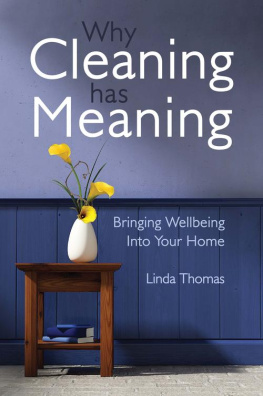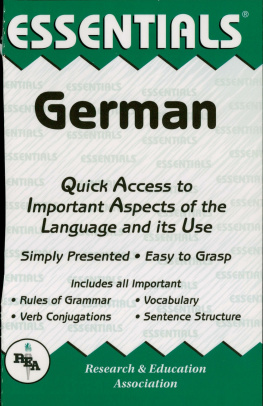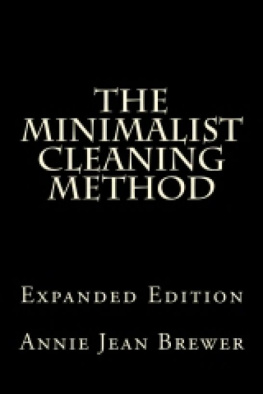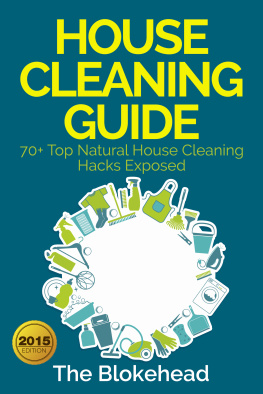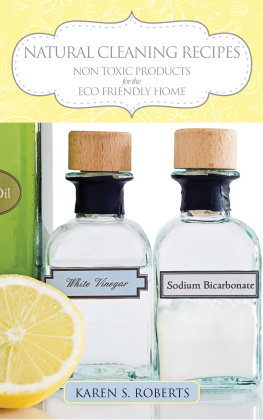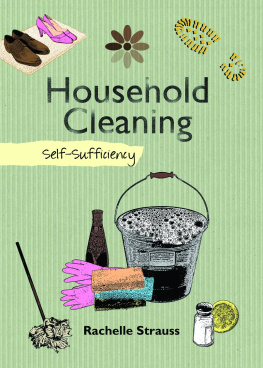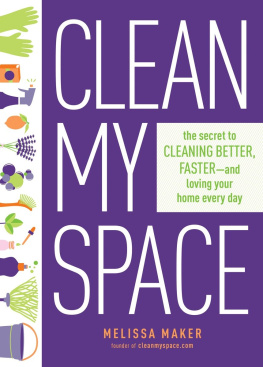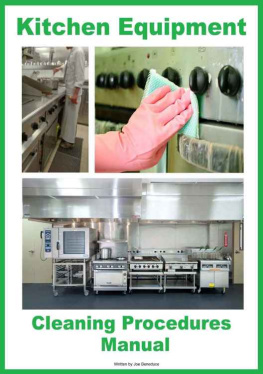South Africa to Switzerland
Until one is committed, there is hesitancy, the chance to draw back, always ineffectiveness. Concerning all acts of initiative (and creation), there is one elementary truth that ignorance of which kills countless ideas and splendid plans: that the moment one definitely commits oneself, then Providence moves too. All sorts of things occur to help one that would never otherwise have occurred. A whole stream of events issues from the decision, raising in ones favor all manner of unforeseen incidents and meetings and material assistance, which no man could have dreamt would have come his way. I learned a deep respect for one of Goethes couplets: Whatever you can do or dream you can, begin it. Boldness has genius, power, and magic in it.
William Hutchison Murray (191396)
Years before I even thought of writing a book, I found this quote on a desk in a house I was cleaning. It moved me because it confirmed so much of what had happened in my life. The very person whose house I was busy cleaning was a woman who has had a profound influence in my life. Because of her, I was offered the possibility of cleaning the Goetheanum. She was the one who organised the first interview that was ever published on my work. Through her, providence has moved many times in my life.
But let me start at the beginning. Why did I start cleaning? This most menial of tasks still fills me with awe, just thinking of the incredible potential it has to change things. Most of what I have learned in life, I learned through my children. Most of the things I have really understood in life came to me through over twenty years of experience as a professional cleaner.
As a young girl, I had one ideal only and that was to become a housewife and mother: full-time. But as so often in life, destiny took a turn in another direction. I was born in 1953 in a very small village in South Africa, as the middle child of seven siblings. We lived in many different places, but what remains most strongly in my memory is a smallholding in a very poor farming community, where we lived on and off from my fourth until my fourteenth year.
I often heard children talking about only primitive people having such large families. When confronting my father with this, he simply replied, Primitive people do not look after themselves and their surroundings, they live in dirt, and no longer have any dignity or sense of human values. This reply made a deep impression on me.
As we were very poor, my father taught us that the only capital we possessed, and could rely on, was our intelligence, ability and willingness to work. It became very clear that there would never be any money for studies and that those of us who wished to go to university would have to obtain a scholarship through our own diligence.
We lived off the land and we all learned to help at a very tender age. We learned to plant and care for vegetables, we could harvest and process fruit, cook, bake, sew and mend our own clothes yet we never learned how to clean. We neither had to make our own beds, nor clean our own shoes. For during the apartheid era even the poorest of white people had servants, as the black people were often even poorer than we were. At fourteen years of age, I experienced a cultural shock. We moved from our small provincial town to Johannesburg, a big hostile city without nature. In our small community we had all been treated as individuals but now, from one day to the next, we were somehow anonymous, just one among many.
Although all my brothers and sisters worked hard to go to university, I knew that I wanted to be a wife and mother of a large family, preferably on a small farm. I did not require a diploma to do this and therefore had no interest in further study.
The sad fact that I was unable to find a suitable husband directly after leaving school meant that I was obliged to look for work. I found a job in a bank. There I met a Swiss man who was to become my future husband. Two days after our wedding in February 1977, we left for Switzerland. Our intention was to stay for one year in order to prepare for my husbands emigration so that we could settle in South Africa.
On my very first day in Switzerland, I came across the books of Omraam Mikhal Avanhov (19001986), the Bulgarian philosopher and mystic. He was to have a profound influence on my life. Discovering a spiritual teaching was such a liberating experience after the strict, Puritan Dutch Reformed Church I had known in South Africa. I felt the strong conviction that to be able to learn from this great teacher was much more important than going back to South Africa. Now, thirty-five years later, I am still living in Switzerland.
Very soon after arriving in Basle, I met a doctor who was about ten years older than my mother. We became close friends and in many ways she took on a maternal role in my life. I was particularly impressed with her talented son and daughter, then aged fourteen and sixteen. Every time I admired a piece of art, be it a painting, a wooden or clay sculpture, or even the copper baking forms in the kitchen, it was made by either her son or her daughter. They also both played musical instruments, and during conversations I was most impressed by their wide general knowledge. I complimented my friend on being such a wonderful mother, having educated her children to be so multi-talented. To this she simply replied, Of course I try my best, but I am also much indebted to the school they go to. They were such wonderful young people that I knew that whatever school it was, there had to be something very special about it.
And this is how I learned about the existence of Waldorf or Rudolf Steiner Schools. After visiting a school bazaar a few weeks later, I was convinced that this would be the only kind of school good enough for my future children who, as it turned out, were in no hurry to come. My daughter was born in 1982 and my son five years later. Ten years after my first encounter with the school, my daughter was ready to go to kindergarten. I told my husband that I would like her to go to the Waldorf kindergarten. He considered this a luxury and was quite happy to send her to a good state school, and said, If you want to send her to a private school youll have to finance it yourself. He quite underestimated the strength of my conviction.
Cleaning company and crisis
My son was only a few months old at the time, and I had no idea what I could do. Before my daughter was born I had worked as an executive secretary for an American company in Basle, but I had no desire to return to such a highly stressful job which would take too much of my time away from my children. A friend of mine, whose three children also went to the Waldorf School, advised me to try to start my own business. She suggested, Why dont you start a cleaning company, honestly committed to using only environmentally friendly products. There is no such service available and Im sure there would be a demand. This was very much a win-win situation, as my friend had a small factory making ecological cleaning products and detergents.
I became enthused by the idea. Without a moment of hesitation, I knew that I had found my calling and immediately got to work searching for information as to how to go about it.
Wanting to be a professional cleaning woman was not the easiest thing to do. I had hardly any cleaning experience at all. On our farm in South Africa we had servants. The men worked on the land and their wives did the cleaning and washing for a bag of flour and sugar and a few old pieces of old clothing. The men built a bungalow for their families and were able to use a piece of land to cultivate their own vegetables. If the farmer could afford it, they would receive a few chickens and perhaps a goat to milk.

